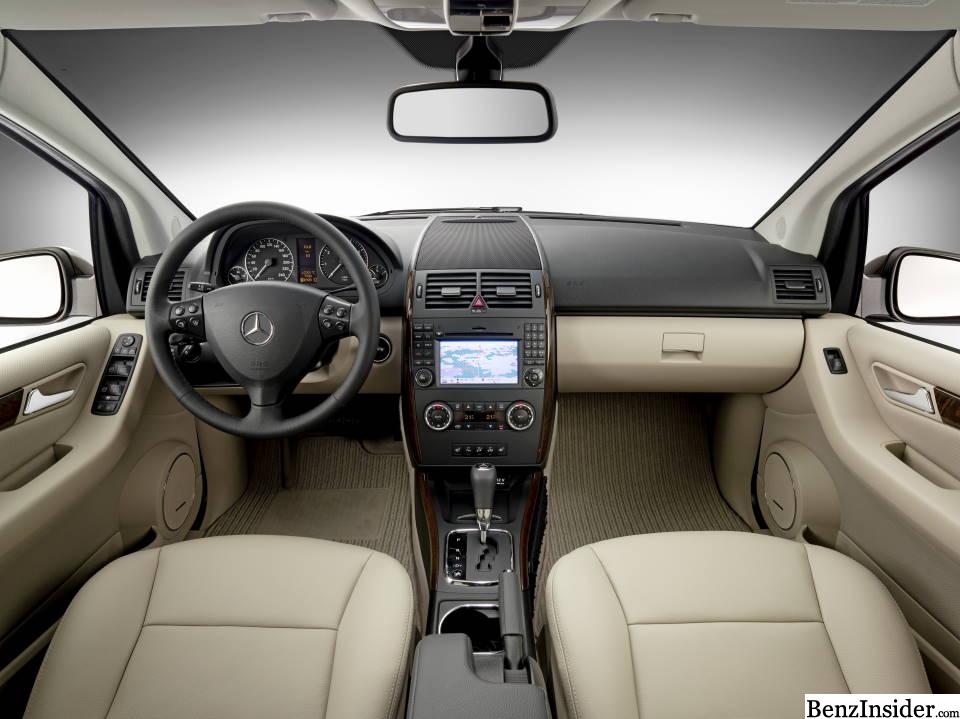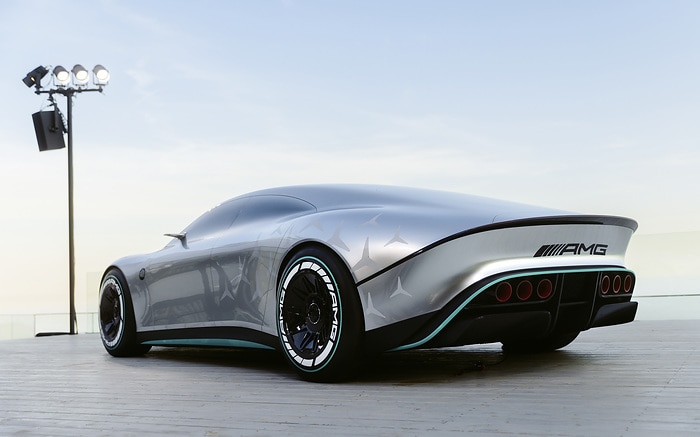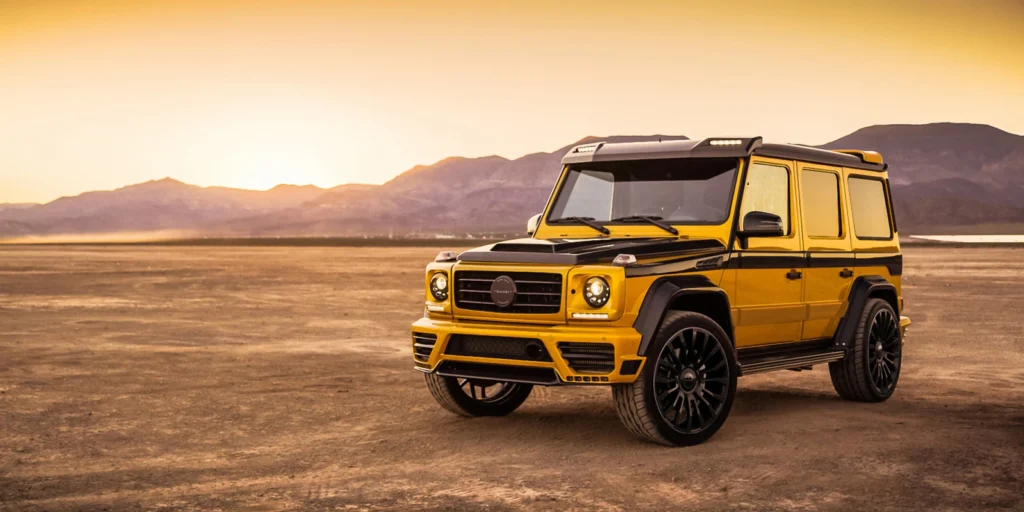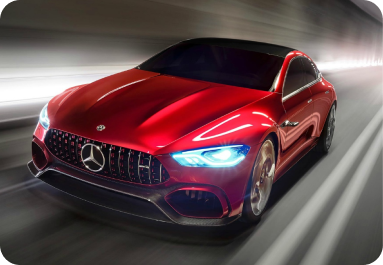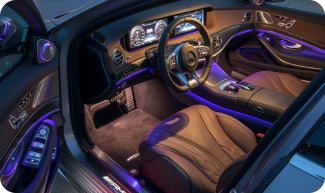In a strategic move to invigorate its lackluster battery electric vehicle (BEV) sales in China, Mercedes-Benz is embarking on a comprehensive reimagining of its approach. As revealed in recent German media coverage, the company is diligently fine-tuning its existing vehicle models to align with the unique preferences of the Chinese market. This endeavor is driven by the luxury automaker’s resolve to assert its dominance in an evolving landscape characterized by escalating competition and a burgeoning appetite for electrified transportation.
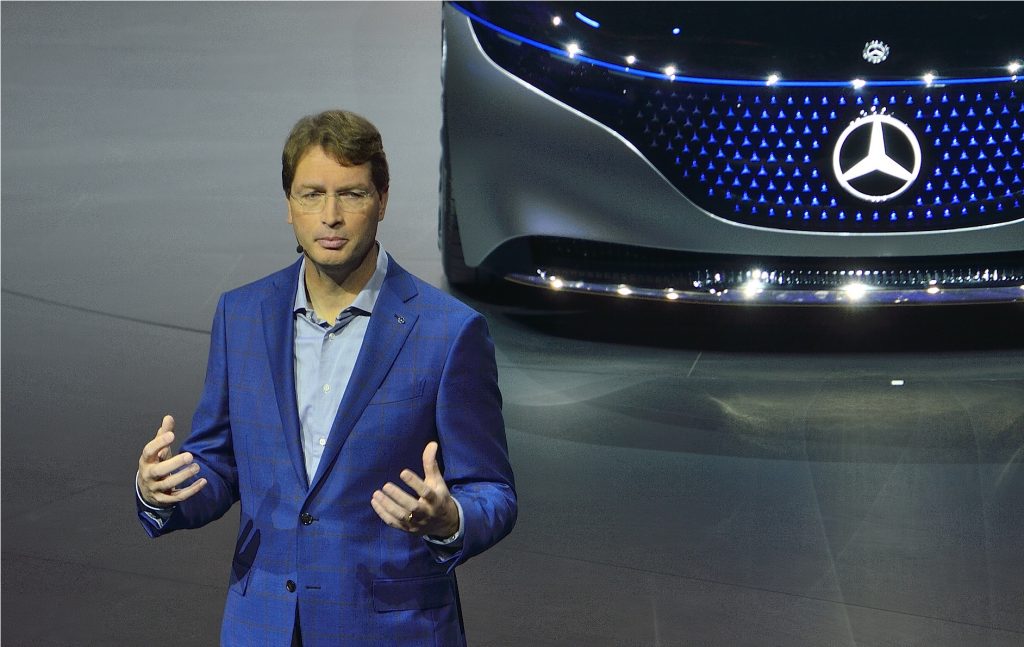
Rethinking China’s BEV Landscape
Mercedes, under the stewardship of CEO Ola Källenius, is orchestrating a sweeping transformation to cater effectively to the discerning Chinese clientele according to a report from Automobilwoche. A distinguished source within the company has also disclosed that upcoming models based on the MB.EA electric platform are undergoing meticulous revisions.
These adaptations aim to seamlessly integrate features that cater to Chinese consumers’ spatial requirements and digital expectations.
China as the Epicenter of Electric Ambitions
Källenius reaffirmed Mercedes’ resolute focus on the Chinese market, recognizing it as the linchpin for the brand’s forthcoming wave of electric mobility initiatives. With the next phase slated to commence in 2025, featuring the revolutionary new E-architectures, China’s significance cannot be overstated.
The company is steadfast in its commitment to achieving electric propulsion mastery, aligned harmoniously with the art of digitalization – a combination that befits the burgeoning demands of its clientele.
Navigating the Competitive Landscape
Mercedes-Benz is undaunted by the intensifying competition posed by Chinese automakers. While rivals such as BYD, Nio, and Human Horizons make their mark, Källenius maintains an unwavering sense of purpose.
The CEO confidently assures that Mercedes will soon unveil an array of models designed to captivate the market. The brand’s determination to preserve and expand its technological leadership remains unshaken, echoing its commitment to innovation and cutting-edge engineering.
A Calculated Path Forward
Amidst its pursuit of electric supremacy, Mercedes is strategically refraining from indulging in discount battles that may compromise sustainable growth. Källenius underscores the importance of strategic patience, asserting that market share acquisition is not the sole yardstick of success.
The automaker’s measured approach aligns seamlessly with its ambitions of embracing profitable growth while ensuring long-term sustainability.
Mercedes Mum on Chinese BEV Model Sales
According to the same report, the BEV sales of Mercedes in China during the first half of the year have been “significantly below” expectations. In fact, the China BEV sales were not even specifically touched in the half-year report of the company.
The only things mentioned were sales growth of 486,000 units in the region showing an increase of seven percent. E-Class and GLB deliveries were also bumped up by 43% and 77%, which are both offered in combustion engines in the giant Asian country.
Final Thoughts
The ambitious endeavor of Mercedes-Benz to rejuvenate its BEV strategy in China underscores a pivotal juncture in the automotive landscape. With a steadfast commitment to crafting electric vehicles that harmonize technological excellence with the unique demands of Chinese consumers, the brand is poised to redefine the contours of luxury electric mobility.
As China continues to be a global electric vehicle epicenter, Mercedes’ strategic recalibration underscores its enduring commitment to innovation and its unwavering resolve to shape the future of mobility.

